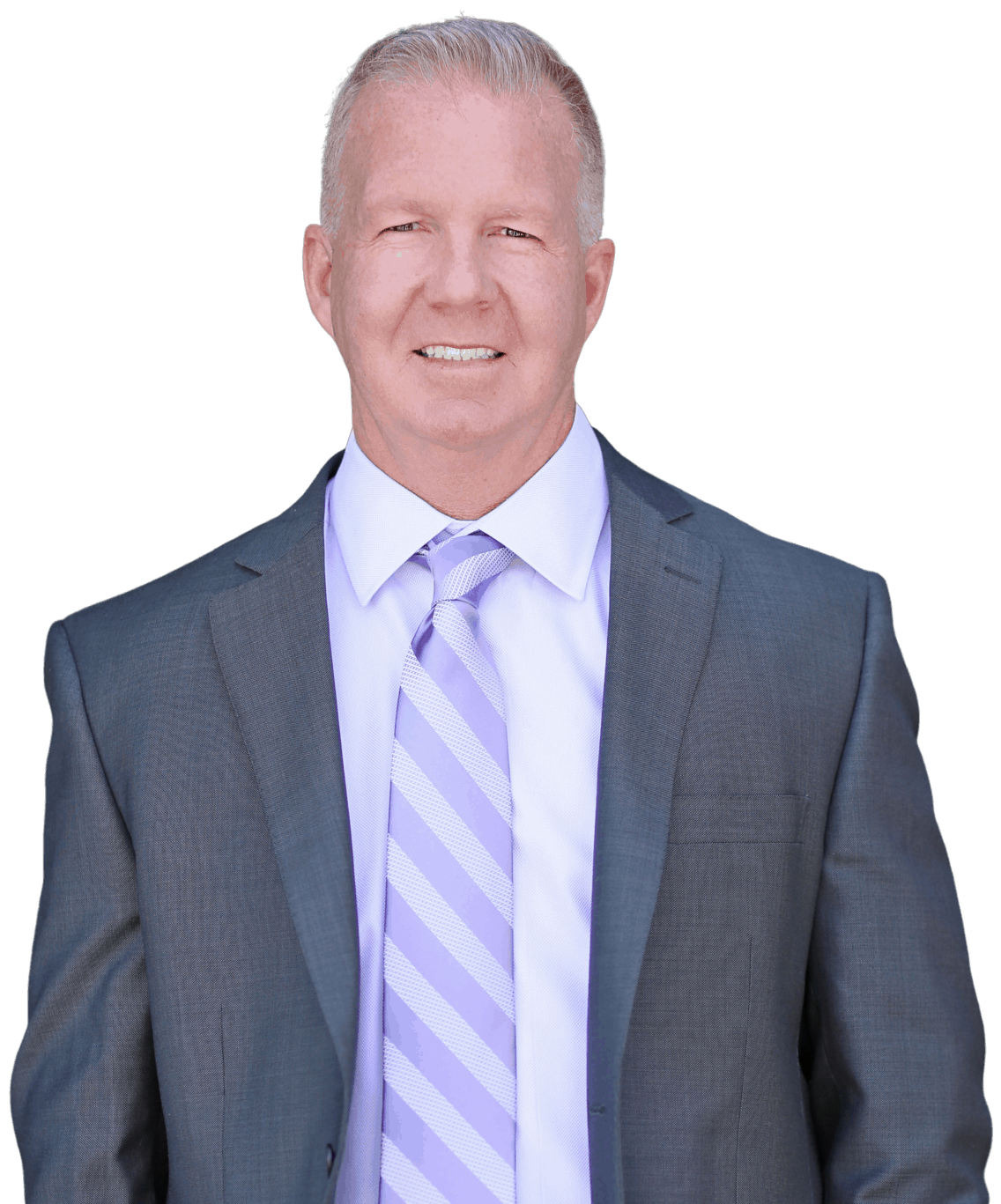
Acquired brain injuries (ABI) are a broad class of non-genetic injuries that usually fall into one of two categories: traumatic and non-traumatic. Symptoms can be temporary or in more severe cases, the damage can be permanent and can have a lasting impact on the victim’s life.
While many victims of ABI will experience symptoms immediately after the accident, some survivors will not experience any issues until months or years later. That’s why it is critical for accident victims who suspect that they may have suffered a brain injury (even a minor injury) to seek immediate medical care and follow-up with their doctor if symptoms present themselves at a later date. Early treatment and care can go a long way to mitigating the long-term effects of some brain injuries.
Severe injury accidents that cause immediate and serious injury to the brain are particularly devastating. Survivors may lose muscle control and coordination, and may be unable to focus and perform tasks that once were a part of everyday life. They may experience intense emotional issues or may experience short or long term memory problems. A severe brain injury can have a lasting impact on the life of the survivor and their family members, and can be challenging if not impossible to overcome.
If you or a loved one has suffered a serious brain injury in an accident, the Roseville brain injury lawyers at The Sevey Law Firm are ready to help you secure full and fair compensation from the party responsible. Call our firm today to request a free case review during which you can learn more about your rights and legal options. Call us at (916) 788-7100 for a free legal consultation. We work on a contingency fee basis, which means you won’t owe us anything unless we win your case.
The two primary types of brain injuries are traumatic and non-traumatic.
Traumatic brain injuries are caused by external forces, and are the most common type of brain injury. According to the Centers for Disease Control (CDC), 153 people die every day in the U.S. from injuries that include TBI. TBIs are most frequently caused by falls, car accidents, sports injuries, and assaults. The following are examples of traumatic brain injuries:
Traumatic brain injuries can also occur in slip-and-fall accidents, accidents involving falling debris or tools, swimming or diving accidents, and any other incident that causes impact to the head.
Traumatic brain injuries must be treated immediately to mitigate long-term damage. Medical professionals will work to ensure that the brain has enough oxygen at all times and will work to remove any blood that has started clotting in the skull. Fractures must be immediately attended to, and in some cases, an operation must be performed to reduce swelling and pressure on the brain.
Doctors will often use anti-seizure and coma-inducing drugs to prevent seizures and restore blood flow to the brain. Diuretics are also very useful in reducing the fluid in the brain tissue, which can help lower the pressure on the victim’s brain.
Unlike traumatic brain injuries that are caused by external forces, non-traumatic brain injuries are caused by internal activity. When adequate blood flow doesn’t reach the brain or an infection impacts brain function, the victim will have suffered a non-traumatic brain injury.
Anoxic brain - When the brain does not receive adequate oxygen from the blood, the cells in the brain may begin to die.
Hypoxic brain - When the brain doesn’t get enough oxygen due to reduced blood flow or extremely low blood pressure, stagnant hypoxia may occur.
Non-traumatic brain injuries can also occur when there is an event that causes a loss of oxygen to the brain, including drowning, allergic reactions, anaphylactic shock, alcohol or drug overdoses, and choking.
When brain injuries are caused by the negligence of a careless driver, doctors, product manufacturer, or another party, victims in the state of California have the right to pursue compensation for their medical bills, lost wages and earnings capacity, and other damages in connection with the injury.
At The Sevey Law Firm, our team of experienced brain injury attorneys will vigorously fight for you to secure maximum compensation for your injury claim. We have a track record of exceptional results and a reputation for representing our clients with integrity and skill. Don’t wait until it is too late to take legal action and get the justice you are owed. Contact us today at (916) 788- 7100 to schedule a free consultation with our team today.